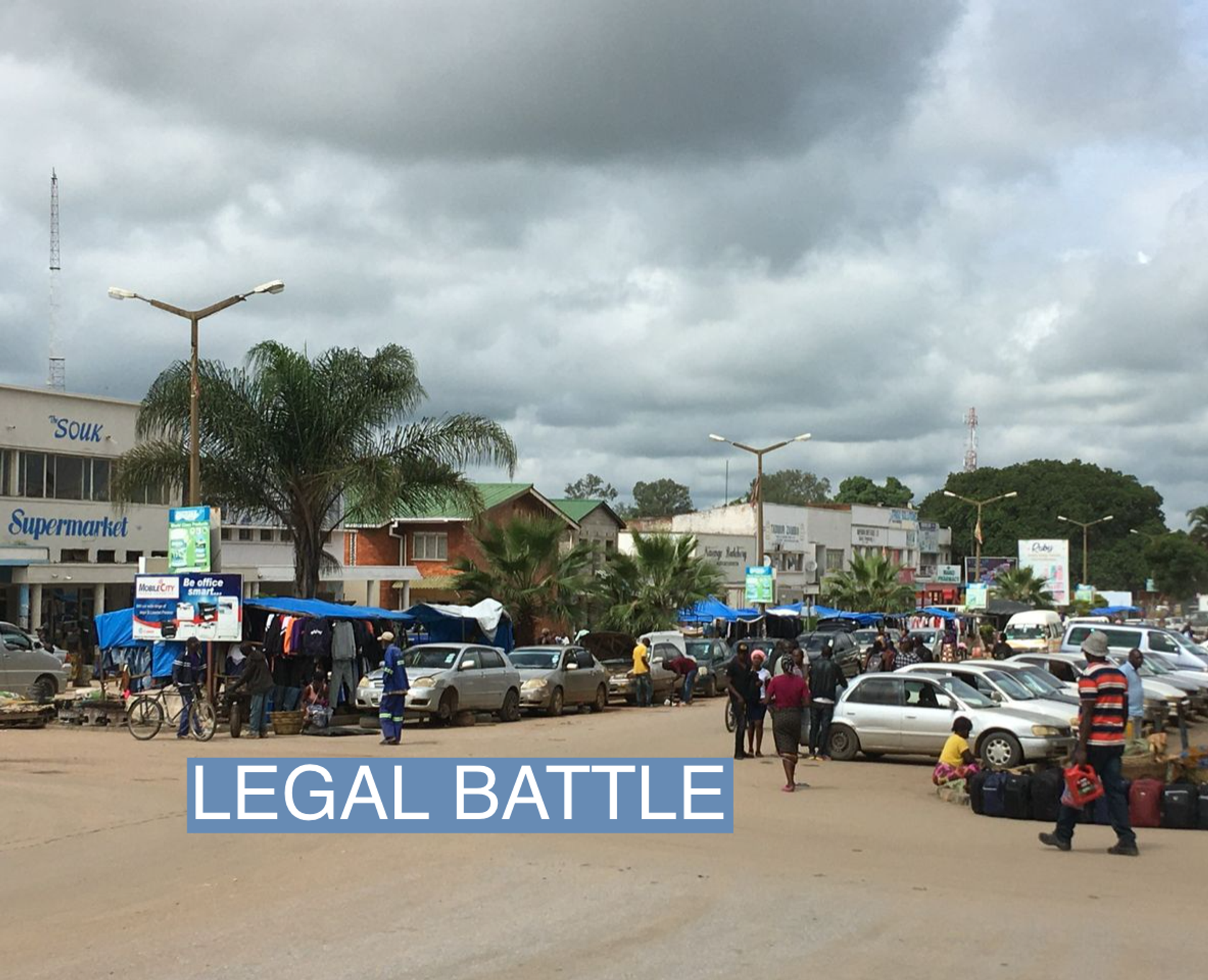The News
JOHANNESBURG — A court case alleging a global mining giant was responsible for the lead poisoning of some 140,000 Zambians could become one of Africa’s biggest class action lawsuits.
The application for a lawsuit against the South African subsidiary of Anglo American, the $60 billion mining conglomerate, was filed by human rights lawyers on behalf of 12 Zambian women and children from villages surrounding the Kabwe lead mine in Zambia, north of the capital of Lusaka.

The lawyers say the villages surrounding the mine, operated by Anglo American between 1925 and 1974, have some of the world’s highest levels of lead pollution, and that caused severe health problems in locals including brain damage, developmental disabilities, organ damage and the risk of death. Around 140,000 Zambian women and children have suffered from poisoning that damaged their health over a number of decades, say the lawyers.
They claim lead from the mine settled in the town’s soil, vegetation and waterways, posing a serious risk to successive generations decades after the nationalizing of Zambian mines prompted the mine’s closure.
A Johannesburg court began hearing the application on Friday.
Zanele Mbuyisa, a lawyer representing the applicants, in an affidavit argued that Anglo American was the parent company that operated the mine for nearly five decades and said it turned a “blind eye” to “the massive environmental health hazard that the mine was creating.”
In this article:
Jan’s view
This class action application is part of an emerging pattern in which alleged human rights abuse victims have sought justice in foreign courts. That could have ramifications for multinational companies operating across Africa accused of past abuses.
In recent years Royal Dutch Shell has been drawn into litigation in Dutch courts by Nigerians, and Zambians mounted a class action against mining company Vedanta in the UK courts.
The Kabwe application could pave the way for a massive lawsuit that cements the trend on a major scale.
A Human Rights Watch report in 2019 said more than a third of the population of Kabwe — over 76,000 people — live in lead-contaminated areas. And a hearing last year ruled that United Nations experts could feature in court proceedings.
Ariella Scher, a lawyer from the Center of Applied Legal Studies at Wits University, said the fact that none of the claimants are South African and that the alleged harm occurred outside of South Africa’s borders make the case unusual for South African courts to preside over.
Room for Disagreement
Anglo American South Africa intends to “defend itself” because “we do not believe that we are responsible for the current situation,” a spokesperson for the company said in a statement.
The spokesperson said the allegations relate to the period between 1925 and 1974 during which the company says it held a “minority shareholding” and provided certain technical services to the mine but at no stage owned or operated it.
The application “completely fails to consider the sheer extent of uncontrolled mining, processing and informal activity to this day, 50 years on,” said the spokesperson.
The View From Kabwe
Barry Mulimba, a community activist based in Kabwe, said scores of children in the communities surrounding the old mine struggled with learning disabilities, along with severe health and behavioural problems.
“Many of the women with lead in their blood, the ones who are pregnant, are giving birth prematurely and some are giving birth to underweight children and children with deformities,” said Mulimba. “This is as a result of the lead in the communities of Kabwe.”
Mulimba said people in his community were hopeful that the court would find in their favour. “If that happens, they’re looking forward to some form of compensation. The people are very optimistic that it will indeed change their lives,” he said.